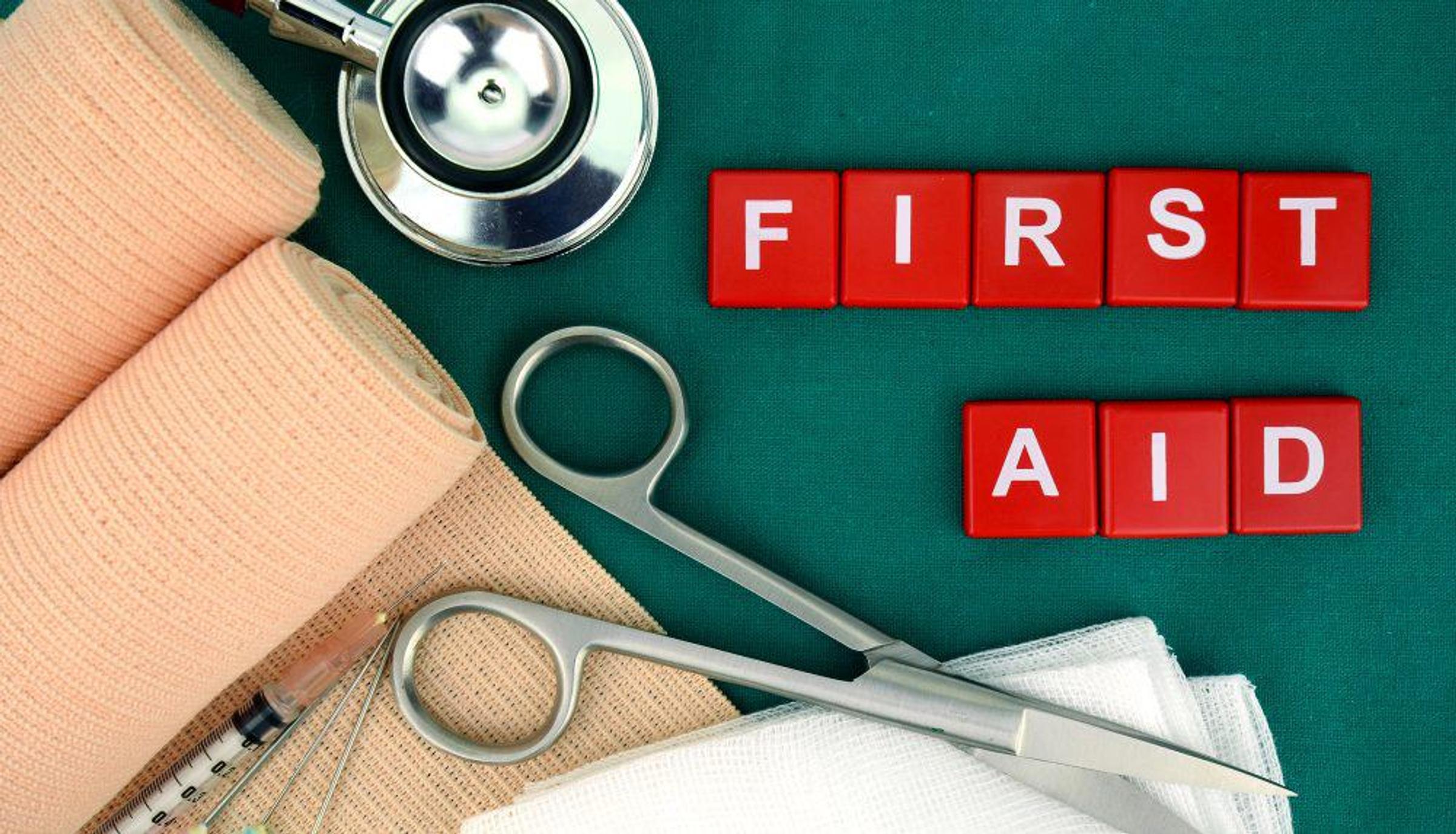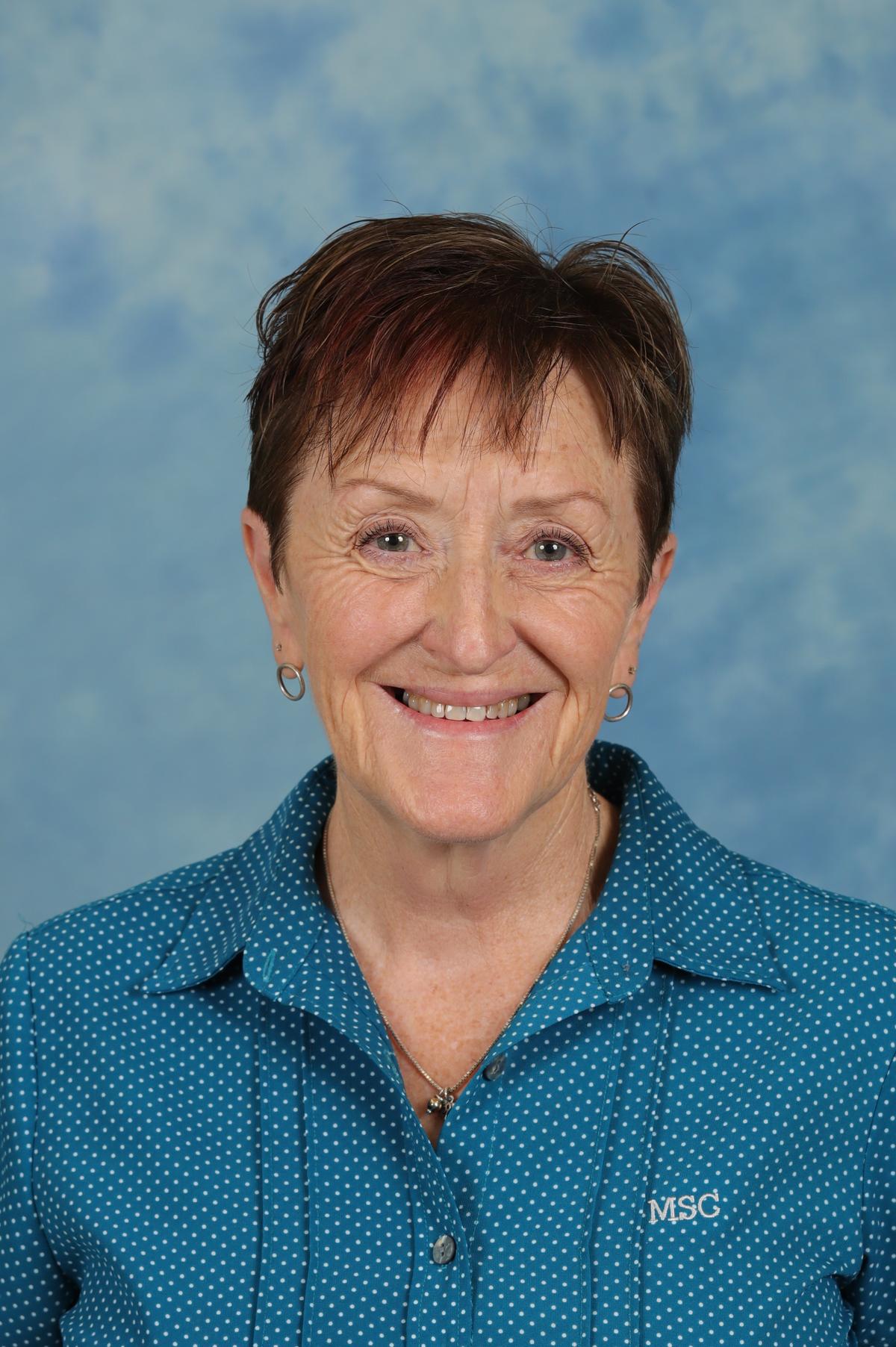
First Aid News
Kerry Liddell
Preparing your child for Immunisations
Why we vaccinate-
To protect yourself
All diseases we vaccinate against can cause serious ongoing health conditions, and sometimes death. Immunisation is a safe and effective way of protecting you and your child against these diseases.
Protect your community
Immunisation protects more than you and your child from serious diseases.
When you get immunised, you protect yourself as well as helping to protect the whole community. When enough people in the community get immunised, it is more difficult for these diseases to spread. This helps to protect people who are at more risk of getting the disease, including unvaccinated members of the community. This means that even those who are too young or too sick to be vaccinated will not encounter the disease. We call this ‘herd immunity’ and it can save lives.
Supporting your child
- Be honest with your child. Explain that needles can pinch or sting, but that it won’t hurt for long.
- Encourage other family members, especially older siblings, to support your child.
- Remind children that vaccines can keep them healthy.
What medical conditions influence whether you can be immunised?
Most people can be immunised, except for people with certain medical conditions and people who are severely allergic (anaphylactic) to vaccine ingredients.
Certain medical conditions may influence whether you can be immunised. Your ability to be immunised may change when your condition changes. You should consult your doctor before immunisation if you:
- have a fever of more than 38.5°C on the day
- are receiving a medical treatment such as chemotherapy
- have had a bad reaction to a vaccine in the past
- are planning pregnancy, are pregnant or breastfeeding
- are an organ transplant recipient
- have an autoimmune disease or chronic condition.
Who cannot be immunised?
The only people who cannot ever be immunised are people who have had severe allergic reactions (anaphylaxis) to vaccines ingredients which is rare.
What if you are unwell?
If you or your child have a minor illness and do not have a fever, you can be safely and effectively vaccinated.
If you or your child has a major illness or have a fever of 38.5°C or more, you should delay vaccination until you are well.
If you are unsure, ask your doctor or health clinic staff.
Should you get vaccinated if you have allergies?
This depends on the allergy you have. Always ask for medical advice to determine whether you can safely receive vaccinations.
What if you or your child are egg-sensitive?
A number of studies show that most people with anaphylaxis or allergy to eggs can be safely vaccinated.
If you are unsure, ask your doctor or health clinic staff.
What if you have a reaction after receiving a vaccination?
It is important to report negative reactions to a vaccination. This gives us a better understanding of the safety of vaccines.
You can report adverse events to the Therapeutic Goods Administration (TGA) or to your relevant state or territory health department.
In general, most children who have had a reaction to a vaccination can be safely re-vaccinated. Immunisation specialist services are available in some states. They can advise whether your child needs more testing or precautions before receiving further vaccines. Contact your state or territory health department for details about these services.
What if a family member has had a reaction to an immunisation?
Adverse reactions are not hereditary. You should not avoid immunisations because another family member has had a reaction to a vaccine.
What happens after the appointment?
After your appointment, your vaccination provider will enter information about the vaccine they gave your or your child into the Australian Immunisation Register (AIR). The AIR records all National Immunisation Program (NIP) vaccines, and most privately purchased vaccines, given to people of all ages.
See Check immunisation history to access your records.
Side effects from immunisation
Immunisations are safe and effective, although all medication can have unwanted side effects. Serious reactions to immunisation are rare.
Common reactions to immunisation can include a mild fever and pain where you received the needle. Most reactions are mild and go away quickly.
For specific information about side effects from different doses of vaccines, ask your doctor or healthcare professional.
See your doctor or nurse as soon as possible or go directly to a hospital if:
- you have a reaction that you consider severe or unexpected
- you are worried about yourself or your child’s condition after vaccination.
Rare side effects of immunisation
There is a very small risk of a serious allergic reaction to any vaccine. This is why you are advised to stay at the clinic or medical surgery for a period of time following your immunisation.
https://www.health.gov.au/health-topics/immunisation/about-immunisation

